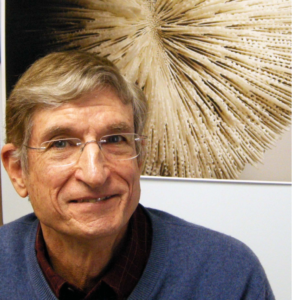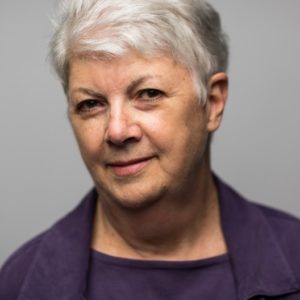
Professor Stanley is Professor Emeritus and former Director of the University of Montana Paleontology Center. In the Department of Geosciences at Montana, he taught and conducted research in paleontology and geology for 35 years. He is a Fulbright Fellow and former geologist and Research Associate at the Smithsonian Institution, Museum of Natural history. His research has helped clarify mass extinctions, the evolution of reef structures and modern and ancient coral lineages. Stanley is a Fellow of the Geological Society of America, Organization for Tropical Studies and Fellow of the American Association for the Advancement of Science. He’s author of over 300 professional publications and several books. He has done research in western Canada, northern Mexico, the Peruvian Andes, Germany, Austria, New Zealand, Japan and China. Currently he lives in Port Townsend where he enjoys hiking, nature and playing guitar. (Updated Oct. 2021)


